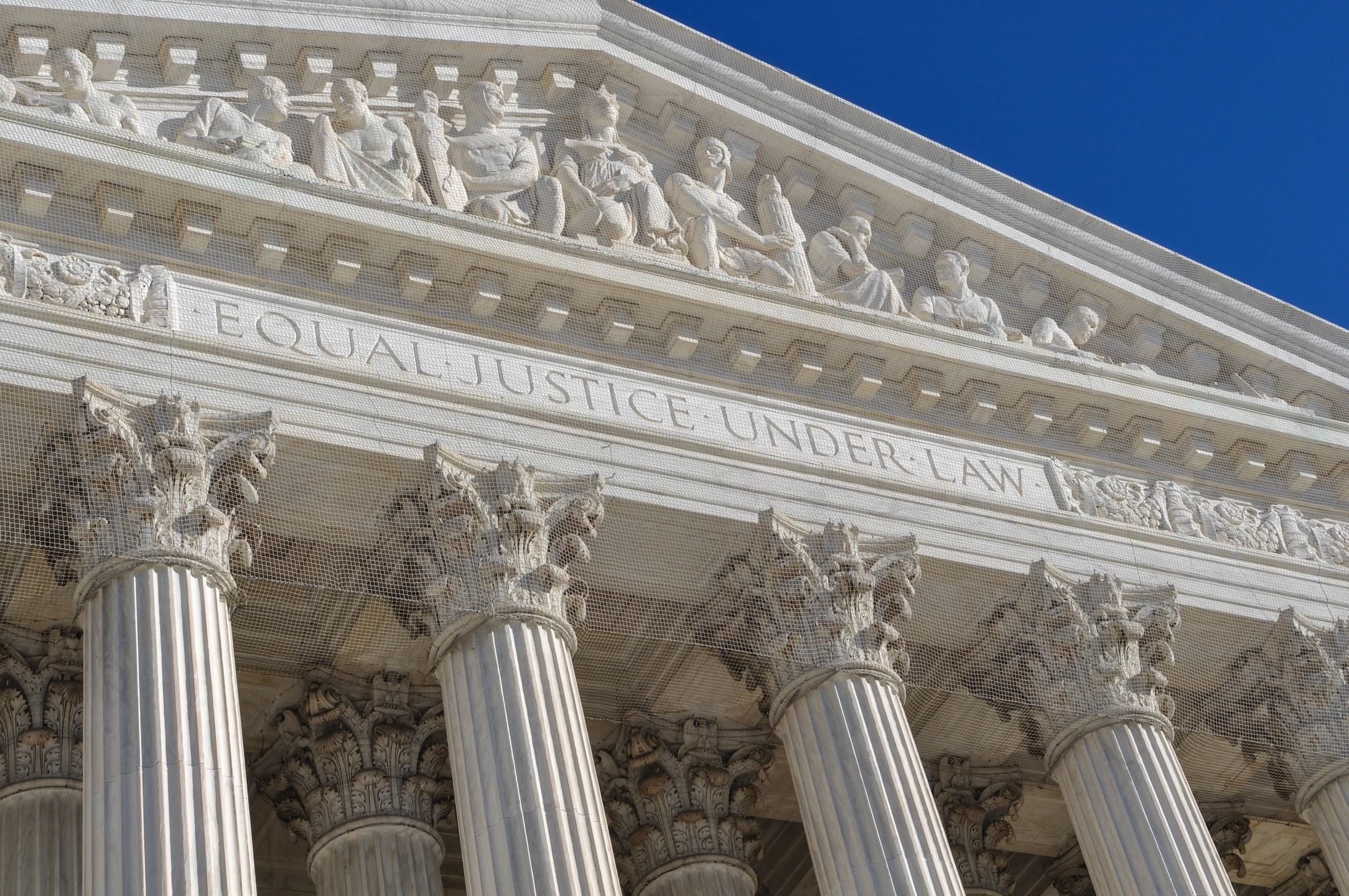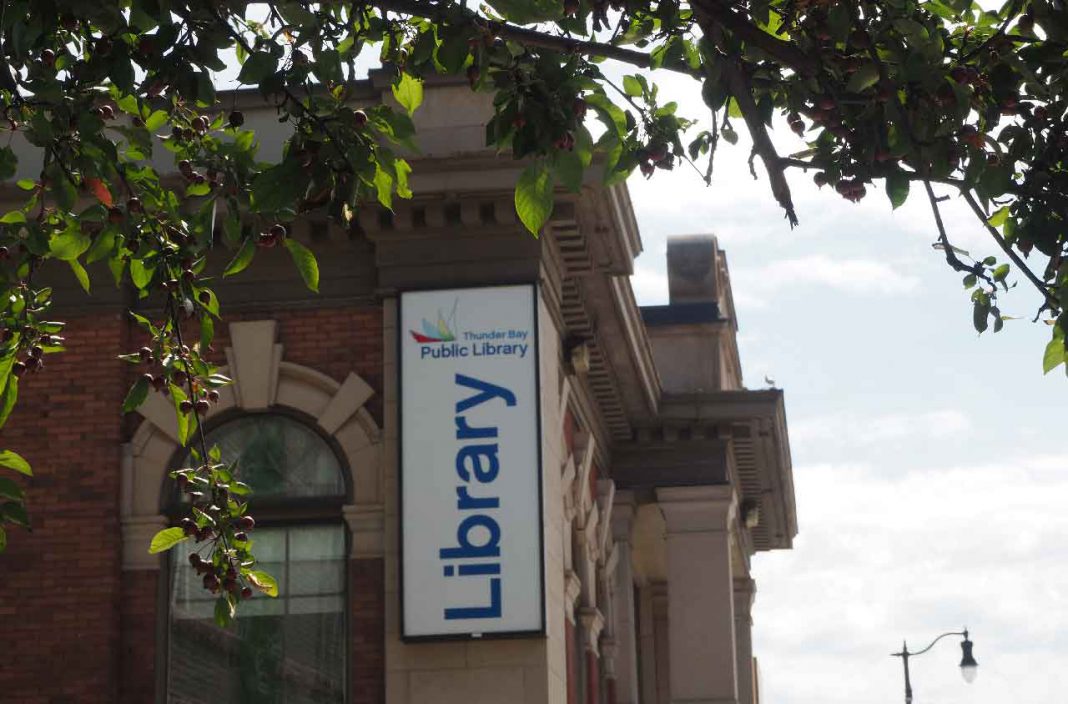Recently, Radio-Canada communicated via WhatsApp with an individual linked to one of a dozen TikTok accounts advertising an illegal service: helping Indian temporary residents in Canada cross into the U.S. through unauthorized border points.
The person offering a “40-minute trip through the jungle” declined to reveal his real name but claimed to reside in Brampton, Ontario.
These accounts promise safe crossings from Montreal, Brampton, or Surrey, B.C., with one account amassing over 360,000 TikTok followers. The content appears primarily targeted at Indian students living in Canada.
Irregular crossings from Canada to the U.S. have surged in recent months, violating Canadian and American laws that require crossing only at official entry points.
Some of the TikTok videos include testimonials in Punjabi, supposedly from satisfied customers. In one video, a man, with his face obscured by a Canadian flag, says, “Brother, we came to the U.S. from Canada with the help of brother Harry. His service was outstanding, and we crossed easily.”
In another testimonial, a woman claims she crossed into New York from Montreal on August 8, stating, “Brother Harry helped us cross safely. After walking for about 25 minutes, we reached comfortably. We paid the money afterward.”
Radio-Canada, using a fake profile, reached out to “Harry,” who requested $5,000, payable after the crossing.
Another smuggler contacted by Radio-Canada provided screenshots of conversations with satisfied clients and outlined the crossing procedure. The account holder explained that an Uber driver would drop them off near the border in southern Quebec, from where they would cross on foot. Although not physically present, the smuggler promised to guide them via phone.
The individual charged $1,500 per person but offered a group discount, proposing $2,500 for two people. He frequently asked when they would be ready to cross.
Radio-Canada managed to speak to this smuggler, who identified himself as Rahul, in Punjabi. He advised them to carry water, wear long sleeves, and bring extra shoes due to the “jungle” terrain, cautioning about thorns and bushes. Rahul also wanted payment upfront through a bank transfer but accepted cash in person in Brampton or India. He assured Radio-Canada that after crossing, they would be briefly detained by U.S. border patrol and then released.
This spring, Radio-Canada witnessed the process in action in Mooers Forks, New York. Just as Rahul described, Indian migrants were intercepted by U.S. authorities, later released, and headed toward New York City by bus.
U.S. officials have condemned the practice. U.S. Customs and Border Protection (CBP) pointed to “transnational criminal organizations” spreading false claims that the northern border is open for entry into the U.S.
“Smugglers show complete disregard for the safety and well-being of vulnerable migrants,” said CBP spokesperson Steven Bansbach. He emphasized that Indian nationals without legal grounds to stay in the U.S. are being deported, sometimes through charter removal flights.
Interceptions of irregular migrants by U.S. authorities in the Swanton sector, bordering southern Quebec, have surged dramatically, with over 13,000 people apprehended since January. Nearly 9,000 of those were between May and July, marking a 526% increase from 2022. Most of those intercepted are Indian or Bangladeshi nationals living in Canada on student or tourist visas.
Radio-Canada also discovered online ads offering Indian nationals fraudulent Canadian visas for tens of thousands of dollars. One Facebook post promised a package deal: visa, airfare to Canada, and smuggling services to the U.S. for $130,000.
This illicit market thrives because, for many Indians, Canada serves as an easier and safer pathway to the U.S., according to political scientist Shinder Purewal from Kwantlen Polytechnic University. Gangs exploit social media, promoting disinformation to attract clients, especially targeting anxious Indian students and temporary workers concerned about Canada’s changing immigration guidelines.
“The large number of Indian residents unable to obtain permanent residency in Canada are choosing to move to the U.S.,” Purewal said. “While Mexico’s border is dangerous, Canada’s open stretches of land make crossing easier.”



